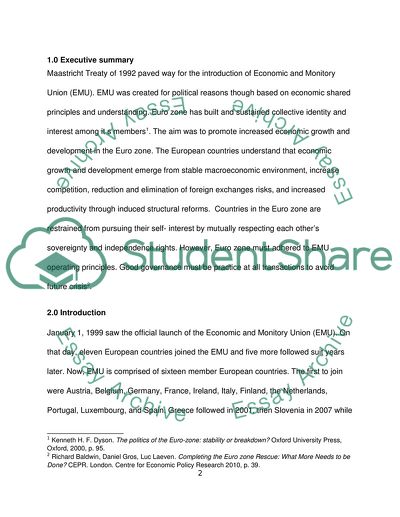Cite this document
(The Breakup of the Eurozone Is Inevitable Within the Next Five Years Case Study, n.d.)
The Breakup of the Eurozone Is Inevitable Within the Next Five Years Case Study. Retrieved from https://studentshare.org/macro-microeconomics/1571656-the-breakup-of-the-eurozone-is-inevitable-within-the-next-five-years-discuss
The Breakup of the Eurozone Is Inevitable Within the Next Five Years Case Study. Retrieved from https://studentshare.org/macro-microeconomics/1571656-the-breakup-of-the-eurozone-is-inevitable-within-the-next-five-years-discuss
(The Breakup of the Eurozone Is Inevitable Within the Next Five Years Case Study)
The Breakup of the Eurozone Is Inevitable Within the Next Five Years Case Study. https://studentshare.org/macro-microeconomics/1571656-the-breakup-of-the-eurozone-is-inevitable-within-the-next-five-years-discuss.
The Breakup of the Eurozone Is Inevitable Within the Next Five Years Case Study. https://studentshare.org/macro-microeconomics/1571656-the-breakup-of-the-eurozone-is-inevitable-within-the-next-five-years-discuss.
“The Breakup of the Eurozone Is Inevitable Within the Next Five Years Case Study”. https://studentshare.org/macro-microeconomics/1571656-the-breakup-of-the-eurozone-is-inevitable-within-the-next-five-years-discuss.


